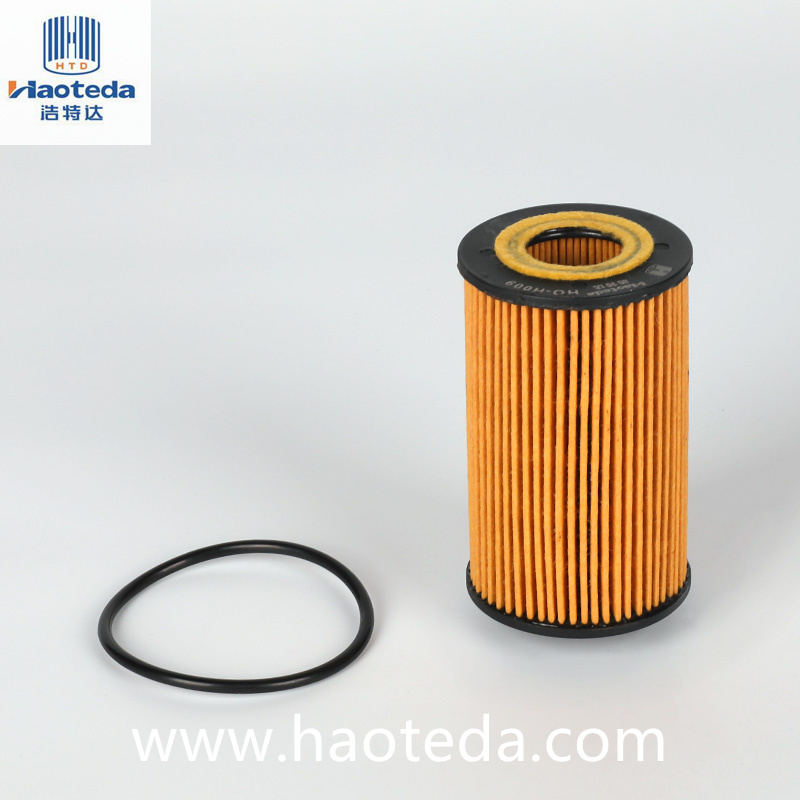The efficiency of oil filters is crucial for maintaining the health and longevity of engines, whether in automotive vehicles or industrial machinery. Among the various types available, paper element oil filters stand out as a widely adopted choice due to their effective balance of filtration efficiency and practicality.
Paper element oil filters are constructed using cellulose fibers or a combination of cellulose and synthetic fibers. These filters are designed with a pleated structure, which significantly increases the surface area available for filtration without increasing the overall size of the filter itself. This design allows for efficient trapping of contaminants such as dirt, metal particles, and carbon deposits from the engine oil. The filtration process involves oil flowing through the porous paper, where particles larger than the pore size of the paper fibers are captured. This typically ranges from 10 to 30 microns, effectively preventing harmful debris from circulating through the engine and causing potential damage.
In comparison, synthetic oil filters utilize materials like glass or polyester fibers, engineered to create a dense network capable of capturing even finer particles. Synthetic filters can achieve filtration efficiencies down to 5 microns or smaller, making them ideal for applications where stringent cleanliness standards are required, such as in high-performance engines or machinery operating in harsh environments. Their ability to trap tiny contaminants ensures cleaner oil circulation and prolonged engine life, albeit often at a higher cost than paper filters.
Metal-based filters, on the other hand, employ materials like stainless steel mesh to physically block larger particles from passing through. While they can offer durability and sometimes reusability through cleaning, their filtration efficiency varies depending on the mesh size and design. Metal filters are commonly used in specialized applications where resistance to extreme temperatures or pressures is paramount, though they typically provide coarser filtration compared to paper and synthetic alternatives.

The choice between these filter types often boils down to specific application requirements and maintenance considerations. Paper element oil filters are favored in general automotive and industrial settings due to their cost-effectiveness, ease of replacement, and adequate filtration capabilities for most everyday driving conditions. They strike a practical balance by efficiently capturing contaminants while maintaining sufficient oil flow rate throughout the engine.
Synthetic oil filters, while more expensive, excel in environments demanding high filtration efficiency, such as racing or heavy-duty machinery operations. They offer peace of mind through their superior ability to trap microscopic particles, thereby extending oil change intervals and enhancing overall engine performance. Meanwhile, metal-based filters find niche use where robustness and potential reusability outweigh the need for fine filtration, often in specialized industrial or military applications.
While each type of oil filter has its strengths and ideal applications, paper element oil filters remain a popular choice for their effective filtration performance, practicality, and widespread availability. Their ability to strike a balance between filtration efficiency, cost-effectiveness, and ease of maintenance makes them a reliable choice for the majority of engine lubrication systems, ensuring engines run smoothly and efficiently over their operational lifespan.
 English
English
 English
English Español
Español Français
Français
 +86-139-6774-0263
+86-139-6774-0263









